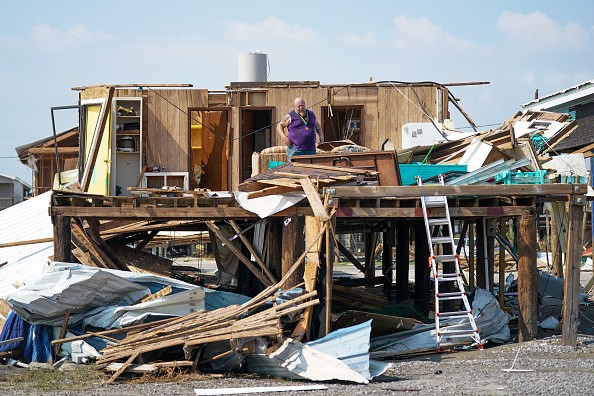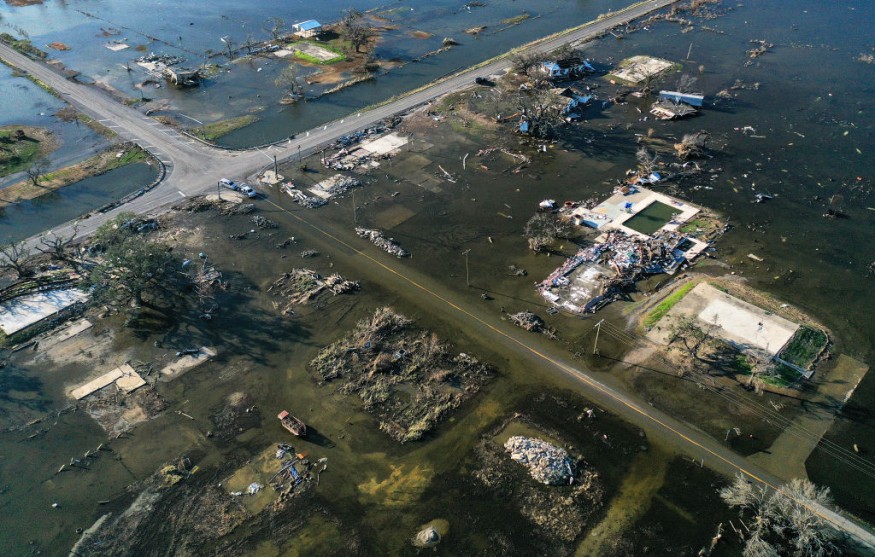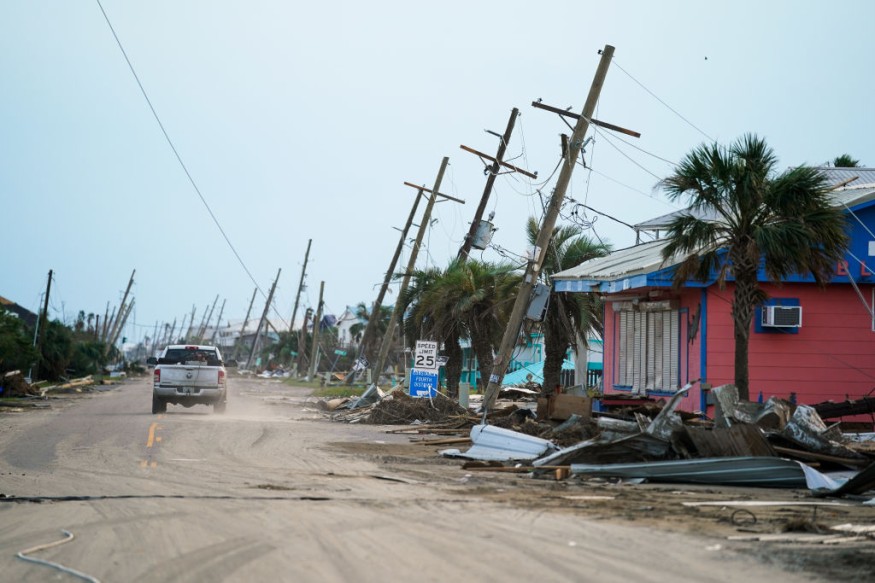Climate-related floods, fires, and droughts could eat into the US government budget by the end of the century, according to the White House, which released its first-ever study on Sunday.

Taking Charge
President Joe Biden charged the Office of Management and Budgets with assessing the budget impact of climate change by the end of the century and determined that the upper range of the budget impact by the end of the century may reach 7.1 percent annual revenue loss, or $2 trillion in today's currency.
"Climate change threatens communities and sectors across the country, including through floods, drought, extreme heat, wildfires, and hurricanes (affecting) the US economy and the lives of everyday Americans," wrote Candace Vahlsing, an OMB climate and science official, and chief economist Danny Yagan in a blog post. "If greenhouse gas emissions continue unchecked, future damages might outweigh existing harms."
Costs

Coastal disaster assistance, flood, crop, and healthcare insurance, wildfire control, and flooding at federal sites, according to the report, may cost the federal government an additional $25 billion to $128 billion each year.
In the United States, a record heatwave and drought occurred only last year. Two significant wildfires raged throughout California and Oregon and were among the most destructive in each states' history. find out more
A severe drought has besieged Parts of the United States. According to the National Oceanic and Atmospheric Administration, the westward trend that began in mid-2020 is anticipated to continue or intensify this spring.
In recent years, floods and storms have caused billions of dollars in damage to US military stations, notably Offutt Air Force Base in Nebraska and Tyndall Air Force Base in Florida. find out more
According to the Office of Management and Budget, more wildfires could raise federal fire control expenses by $1.55 billion to $9.6 billion per year. As sea levels rise, approximately 12,200 federal buildings and infrastructure might be swamped, costing about $44 billion to rebuild.
Global temperatures are on track to climb more than 2 degrees Celsius (3.6 degrees Fahrenheit) beyond pre-industrial levels by the end of the century unless policies and efforts to curb greenhouse gas emissions are implemented.
Current Events

The bleak OMB evaluation came only hours before releasing a long-awaited UN report. Due to its consensual character, 195 nations have to sign off on it; some experts believe the study may minimize some potentially tricky situations.
As Russia's conflict with Ukraine drives up energy prices, Biden, a Democrat who has championed combating climate change since taking office in January 2021, has been obliged to accept increased American oil production and liquefied natural gas exports to Europe. The administration claims that these are short-term measures to lower fuel prices while advocating for reforms to hasten the transition to cleaner fuels.
Delaying "Build Back Better"
Republicans and West Virginia's conservative Democrat Senator Joe Manchin, the creator and part owner of a private coal company have delayed the president's "Build Back Better" package, which featured hundreds of billions of dollars in funds to battle climate change boosted sustainable energy.
Budget Proposal
Biden submitted a $5.8 trillion budget proposal to Congress late last month, focusing on deficit reduction, in an apparent appeal to Manchin, who has stated he will not support the package because it will exacerbate deficits. In the fiscal year 2023, Biden's budget plan asks to spend about $45 billion to combat climate change, an increase of nearly 60% over the fiscal year 2021.
For more climate and weather updates, don't forget to follow Nature World News!
© 2026 NatureWorldNews.com All rights reserved. Do not reproduce without permission.





